Your Rights as a Patient
As a consumer of psychology services, your rights are specifically defined by the jurisdiction in which you receive care. In general, though, the following guidelines will apply in most instances.
You have the right to:
- Expect that a psychologist has met the minimum qualifications of education and supervised experience required by law for licensure or registration,
- Verify licensure of the psychologist with the licensing board in your jurisdiction and receive information about any discipline imposed against the provider,
- Expect that information you provide to the psychologist will be kept in strictest confidence, within the state and federal legal limitations,
- Be free from unlawful discrimination for all psychological services you receive,
- Be free from exploitation for the benefit or advantage of the psychologist,
- File a complaint with the psychology board about unprofessional or unethical behavior by a psychologist,
- Seek a second opinion at any time about the services you are receiving or about your psychologist’s methods,
- Receive a non-technical description or explanation of all psychological services you receive,
- Obtain referral names, addresses, and telephone numbers if you need to transfer your psychological services to another professional,
- Have a copy or summary of your records sent to any psychologist, agency, or professional you choose.
If you believe you have been exploited, harmed, or treated unprofessionally by a psychologist, you have a number of remedies.
Taking action against a psychologist
Before you act against a psychologist, carefully explore all your rights and options to decide how best to meet your goals. Your objectives may include:
- Preventing the psychologist from hurting other patients,
- Receiving monetary compensation for the damage you have suffered and to help pay for future therapy sessions with a new therapist.
As you consider what actions to take, find out if any of your remedies have time limits on when you must act (often called “statute of limitations).
Potential actions against a psychologist
In general, you have four options for action against a psychologist for unethical or illegal behavior. Depending on the circumstances, you may choose one or more of these options:
- Administrative action—file a complaint with the psychologist’s licensing board,
- Professional association action—file a complaint with the national professional association’s ethics committee (contact the American Psychological Association (APA)® Ethics Office for information about pursuing ethics charges if the psychologist is a member of the APA),
- Civil lawsuit—contact an attorney to file a civil lawsuit seeking money for damages or injuries,
- Criminal action—file a complaint with local law enforcement if you believe the offense constitutes a crime in your jurisdiction.
